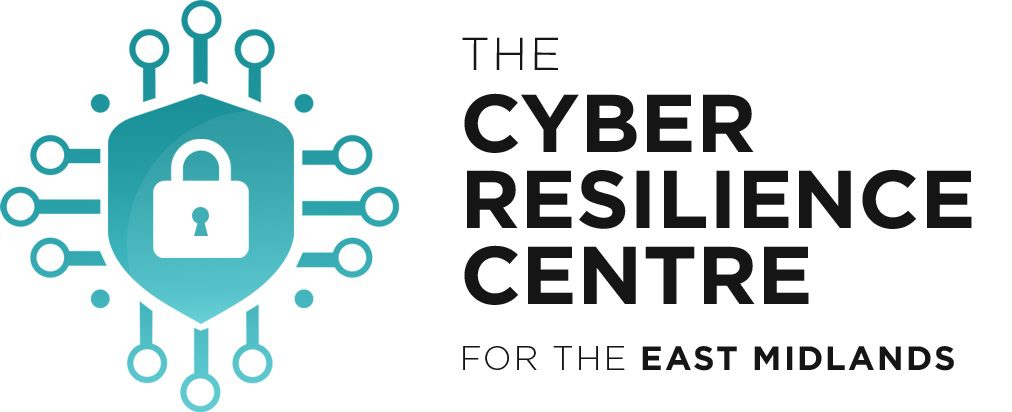The General Data Protection Regulation (GDPR) has been through a few perception changes since it first appeared. When it first started to ping the radars a couple of years ago, many people saw it as a compliance bogeyman. It lurked around, threatening dire consequences if you didn’t obey its mysterious rules. Then, as it gradually sank into the zeitgeist of the business world, everyone seemed to have a different take on what GDPR compliance meant. Some businesses basically asked, ‘does GDPR apply to me’ in various scenarios until they found one that seemed to fit and plumped for that. In the end, though, most people got it reasonably right and became compliant to some extent.
Some people still have misconceptions about GDPR. One example is seeing it as a sort of toothless tiger with a big growl but no teeth (they are wrong, being bitten for non-compliance really hurts). Another is when a business produces reams of unnecessary paperwork (compliance is about the right paperwork, not the volume). The one that surprises me most is when a business sees the GDPR process as a box-ticking exercise. It isn’t, it is far from that, and it is very much more than just signing off on a process.
The additional benefits of GDPR compliance
- If you want a good place to start on the advantages of good compliance, how about this? It can save you money. A compliance process will result in deleted obsolete data and a clearer and more efficient storage of data; both of these have a potential efficiency return. If done right, it will reveal a more granular understanding of how your data is used. This is particularly useful when looking to actively engage with customers. In the end, clean, efficient data is much cheaper to interpret, store and utilise.
- Your data security will be improved as your GDPR compliance improves. I could labour the point here, but I think we are all aware of the threat of cybersecurity breaches. An estimated 68% of UK businesses have already encountered some form of cyber-attack. If you want resilience against this growing threat, you need your data to be GDPR compliant to help support and extend your data security.
- As technology develops, you are more likely to be able to adapt and evolve with it if you are GDPR compliant. Developing systems are more IT secure out of necessity, and any system is only as good as the data it holds. We used to use the acronym GIGO. It stood for Garbage In – Garbage Out, and it still holds true today. As you adopt new technology, it simply makes sense to ensure you are adopting it based on a compliant data set. Use of personal devices, working from home practices, cloud computing and other developments will happen more easily and integrate better if you are GDPR compliant.
- Compliant data encourages better decision making. Sometimes when a business sees the result of a GDPR compliance process, they start to see the benefit that has been hiding in plain sight. If you use your data to help make decisions, ensuring it is compliant means that the decisions you make are going to be more appropriate and accurate. A good business is made from good decisions and good decisions need good data.
The biggest reason why GDPR isn’t just about compliance
OK, so obviously, you must be compliant legally. So, I accept that on that level, yes, compliance is about meeting the standard required. However, when we see things as a legal requirement, we must not forget to ask why. GDPR was created primarily to protect personal data. That means your customers expect that you are compliant and protecting their information. Recent attacks on major financial institutions such as Capital One and regular data breaches have raised data security in the public eye. Your customers, therefore, expect that you are secure and compliant in an area that is very important to them. Take a moment to consider the damage to your brand if you proved to not be a good custodian of your customers’ data.
Call us if you want to talk through how we can help or you are worried about compliance.




